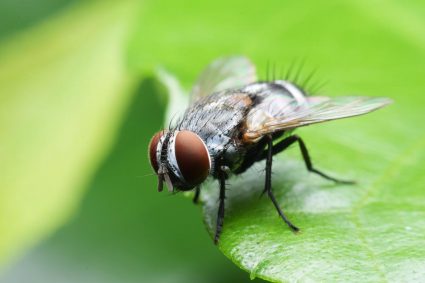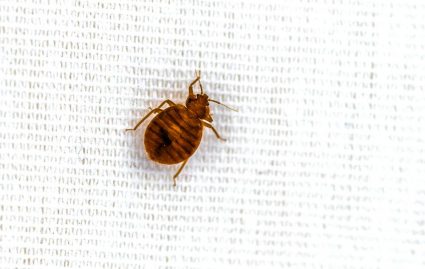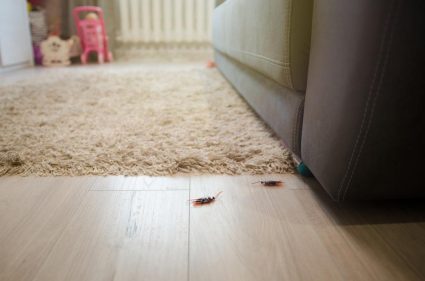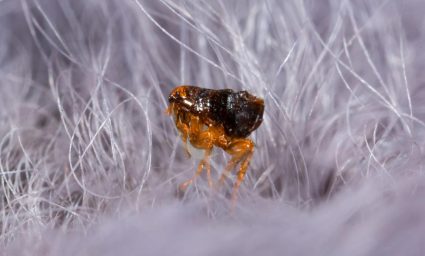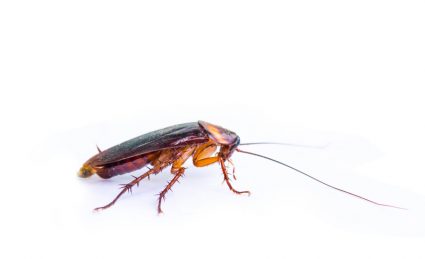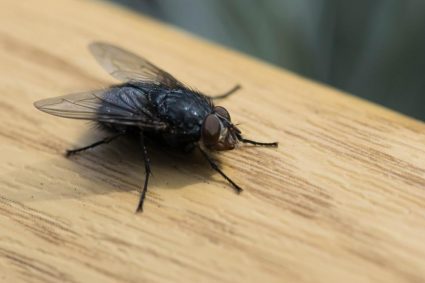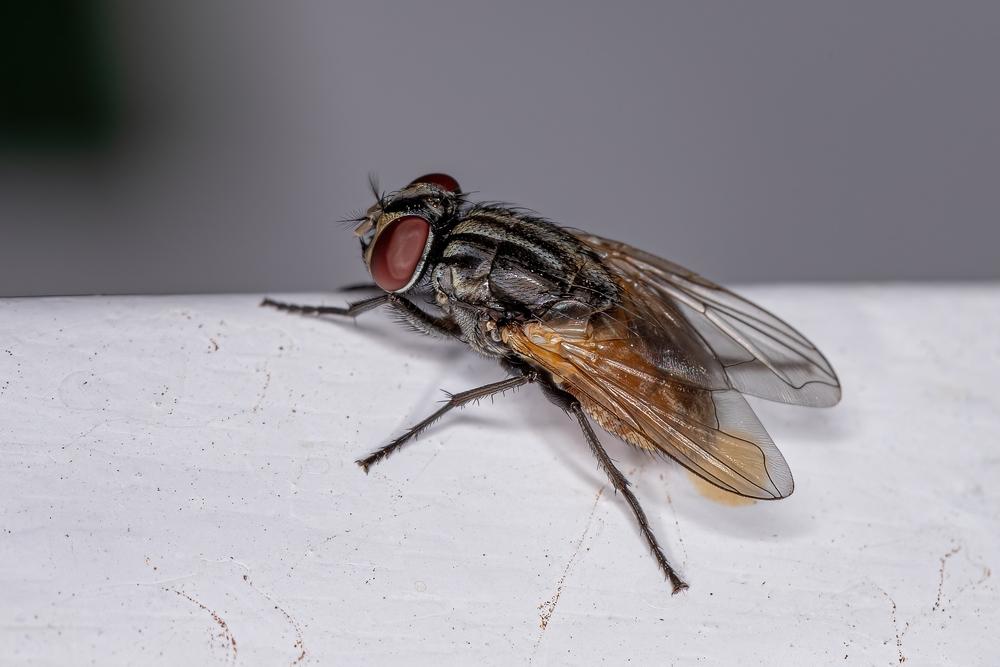
Bug zappers, also known as electrical discharge insect control systems, are popular devices for controlling flying insects. These devices work by emitting ultraviolet light, attracting insects towards the device, and then electrocuting them with a high-voltage electrical grid. But the question is, does a bug zapper kill flies effectively?
While bug zappers can kill a variety of insects, they are not very effective at killing flies, especially mosquitoes and other biting flies. Studies have shown that a very small percentage of insects killed by bug zappers are flies, with the majority being beneficial insects. Therefore, alternative, more eco-friendly pest control methods may be more effective for fly control.
Bug Zapper and Flies: The Reality
While bug zappers are effective in killing various flying insects, their effectiveness against flies, particularly mosquitoes, and other biting flies, is questionable. A study from the University of Delaware found that out of 13,789 insects killed by bug zappers, only 31 were biting flies, which is a mere 0.22 percent.
Another study showed that out of 13,000 zapped insects, less than 0.25% were mosquitoes, while over 99.75% were beneficial insects such as beetles, moths, and parasitic wasps, which play crucial roles in maintaining the ecological balance.
These results suggest that while bug zappers can kill some flies, they primarily target beneficial insects, which can have negative effects on local ecosystems.
The Downside of Bug Zappers
There are several downsides to using bug zappers for fly control. They include:
- Ineffectiveness against mosquitoes and biting flies
- Indiscriminate killing of beneficial insects
- Attraction of more pests to your property
- Potential spread of bacteria during the electrocution of house flies
- Regular maintenance and cleaning
- Noise pollution
- Energy consumption
Alternatives to Bug Zappers
Given the limited effectiveness of bug zappers against flies, it’s worth exploring alternative methods of pest control. These include:
- Vinegar and dish soap trap
- Essential oils like lavender, eucalyptus, peppermint, and lemongrass
- Planting herbs like basil, mint, lavender, and marigold
- Homemade flypaper
- Soda bottle trap
- Jar trap
- Cayenne pepper spray
While these methods might require more effort and maintenance, they are often safer and more environmentally friendly than bug zappers.
Bug Zapper Maintenance
To maximize the effectiveness of a bug zapper, regular maintenance is crucial. This includes cleaning the device regularly, replacing the light bulbs when necessary, and keeping the device away from areas where food is prepared or eaten and where children play.
Conclusion
While bug zappers can kill a large number of insects, they are not very effective against mosquitoes and biting flies. They also have several downsides, including the indiscriminate killing of beneficial insects, the potential spread of bacteria, and the need for regular maintenance. Therefore, it’s worth considering alternative, more eco-friendly pest control methods.
Frequently Asked Questions
Can bug zappers be used indoors?
Yes, bug zappers can be used both indoors and outdoors. However, due to potential health risks associated with the spread of bacteria during electrocution of house flies, it is recommended to keep the device away from areas where food is prepared or eaten and where children play.
How often should I clean my bug zapper?
The frequency of cleaning a bug zapper depends on its usage. If you use it regularly, it’s recommended to clean it at least once a week. This will help maintain its effectiveness and prolong its lifespan.
Are bug zappers harmful to humans or pets?
Bug zappers are generally safe for humans and pets. However, the UV light can attract more pests to your property, and the electrocution of insects can spread bacteria. Therefore, it’s advisable to use them with caution, especially near food preparation areas or where children and pets play.
Can I use bug zappers in rainy weather?
While some bug zappers are designed to be weatherproof, not all of them can withstand rainy weather. Always check the product specifications before using a bug zapper outdoors in the rain.
Why are bug zappers not effective against mosquitoes and biting flies?
Mosquitoes and other biting flies are more attracted to carbon dioxide and body heat than to UV light, which is what bug zappers emit to attract insects. That’s why bug zappers are not very effective in killing these types of flies.

